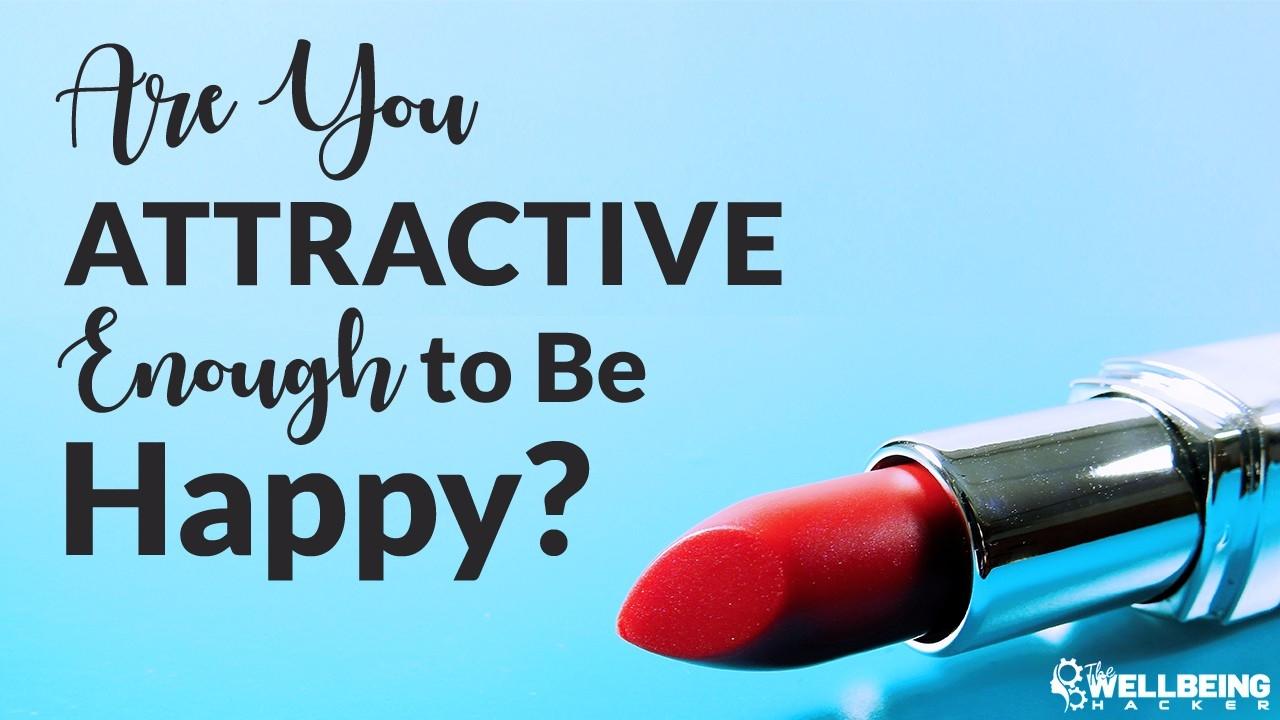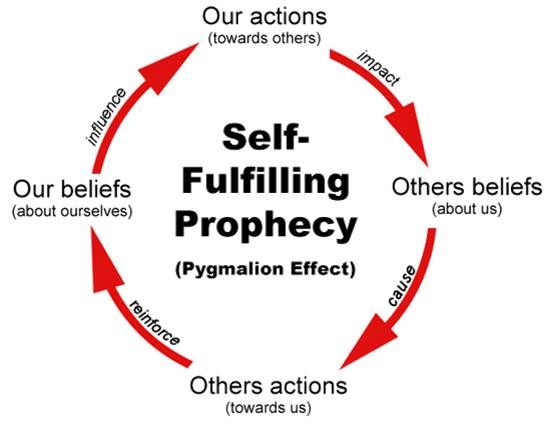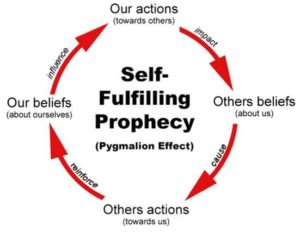
Science has shown in recent years that meditation brings about many mental health benefits as well as physical health benefits. These benefits are far ranging and can affect many people in many different ways. Here we’re going to discuss the five benefits of meditation that are going to lead to increased happiness in your life.
Meditation Reduces Stress Hormones
The Huffington post notes that meditation leads to a reduction in stress hormones. These hormones are responsible for a host of horrible reactions in the body including but not limited to increased heart rate, increased cholesterol, heart disease, anxiety, and other nasty side effects.
Scientists don’t know why meditation causes a decrease in these hormones, but repeatedly the studies have shown a reduction in these hormones. If a drop in stress hormones doesn’t make you happier, nothing will.
Meditation Improves Concentration
Although the mechanism remains unclear, WebMD notes that meditation helps improve concentration. Some studies have linked meditation to an increase in gray matter in the brain while other studies have shown that meditation leads to an increase in electrical activity in the prefrontal cortex.
The science is still out on why exactly meditation causes an improvement in concentration in those who practice. The increased ability to concentrate is sure to have positive outcomes in your mood and overall happiness. Being scatterbrained and having a hard time concentrating is frustrating, to say the least, enjoy this unexpected benefit to meditation.
Makes You Happy
The Huffington Post notes that meditation increases brain signaling to the left side of the prefrontal cortex, which is responsible for the happy emotions. The increased signaling to the left aspect of the prefrontal cortex could be responsible for the increased happiness in those who meditate.
All of the happy emotions are said to be triggered on the left side of the prefrontal cortex. Joy, love, happiness, and exhilaration are stored on the left side. Increased electrical activity and signaling to the left side mean that you’re going to experience these emotions and higher rates.
It also indicates that the negative emotions, which are stored on the right side of the prefrontal cortex, are going to be experienced at lower rates. Anger responses are lower in those who meditate, as our sadness and depression.
Reduces Ego
One of the things that mindful meditation does for participants across the board, it reduces self-referential thoughts. Forbes magazine notes that self-related thoughts and mind wandering are both associated with decreased levels of happiness in mood surveys.
The ability to focus on aspects not related to yourself as well as to focus your mind on specific trains of thought are both attributed to reductions in egocentric thoughts. These cuts in egocentric thinking contribute to overall satisfaction and happiness levels.
Decreased Anxiety and Depression
As if all of the above were not enough reason to meditate, Psychology Today reports that meditation reduces both anxiety and depression in participants. If we are talking about increasing happiness, a reduction in anxiety and depression is probably the most compelling evidence that meditation is going to increase your happiness levels.
Again, the exact mechanisms for the decrease in stress hormones in the growth in happiness are not exactly known. However, the anxiety and depression reduction is so great that often meditation is prescribed by mental health professionals for the treatment of anxiety depression along with other interventions.
Bottom Line
As you can see, meditation can lead to a whole host of positive outcomes for your mental health status. All of these findings will lead to a happier and more rewarding life. Not only will you have a brighter outlook on your daily activities but you also see a reduction in the adverse physical outcomes.
Meditation is something that you can ease into a daily practice and slowly incorporate into your everyday life.
– Scott Blessing



















